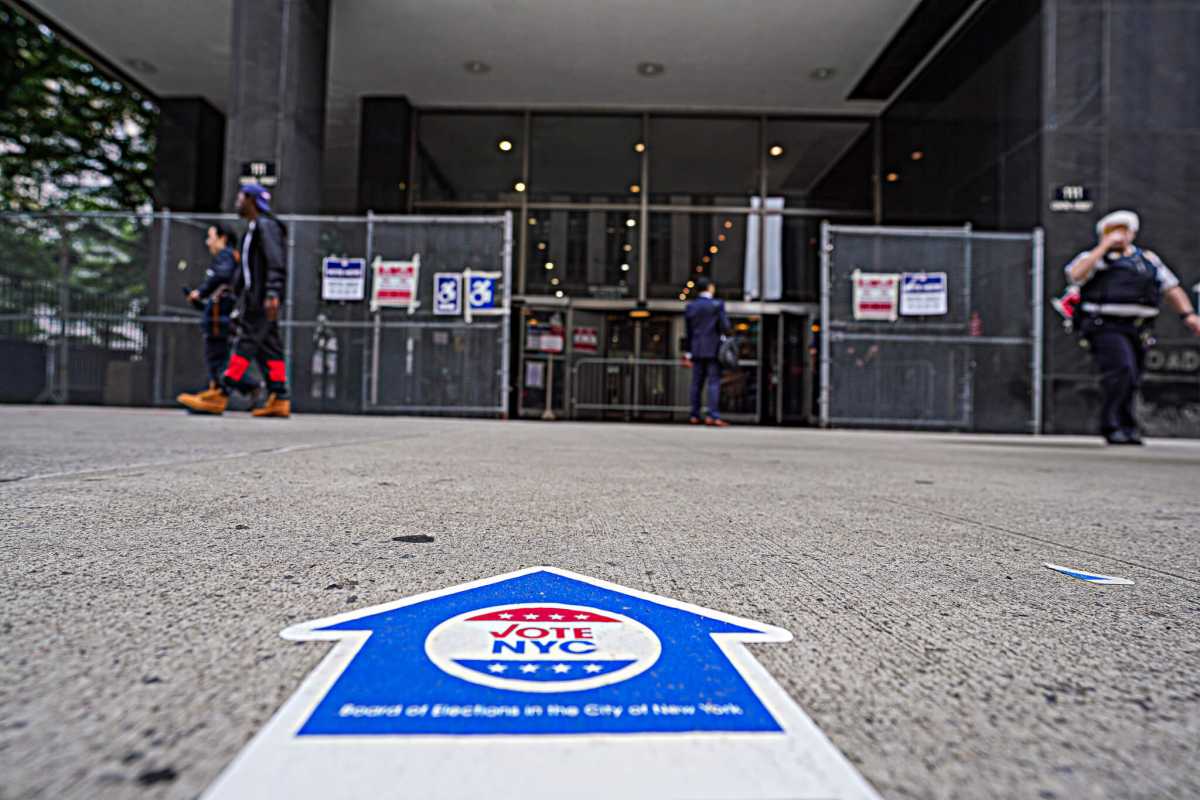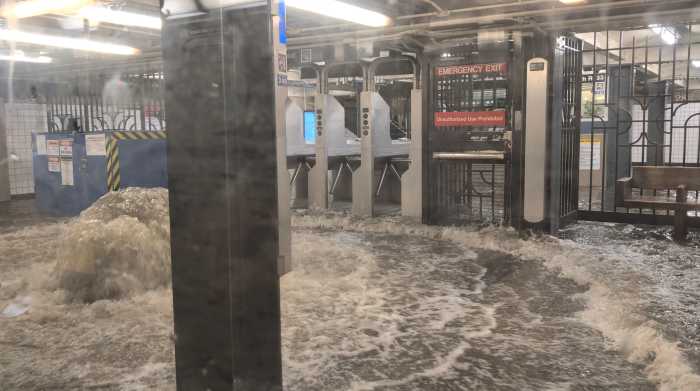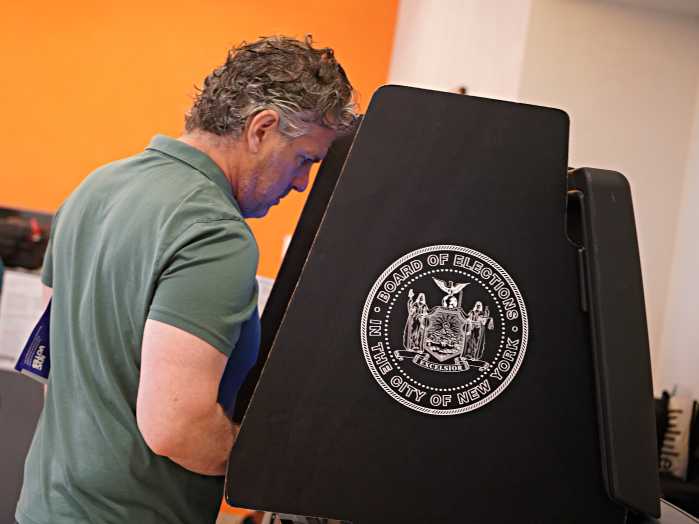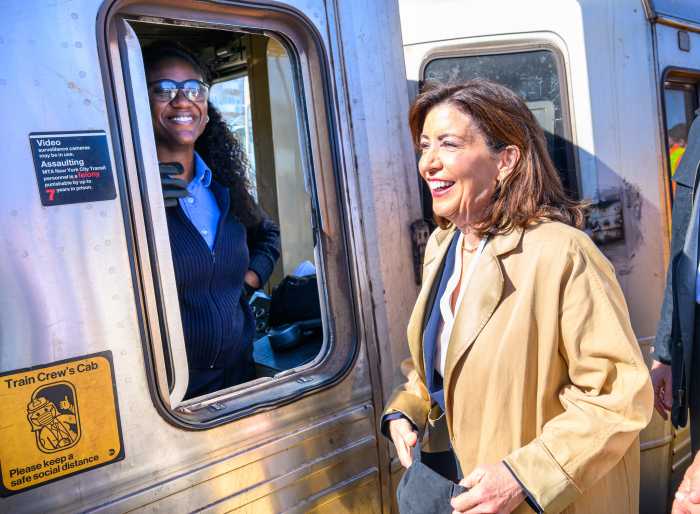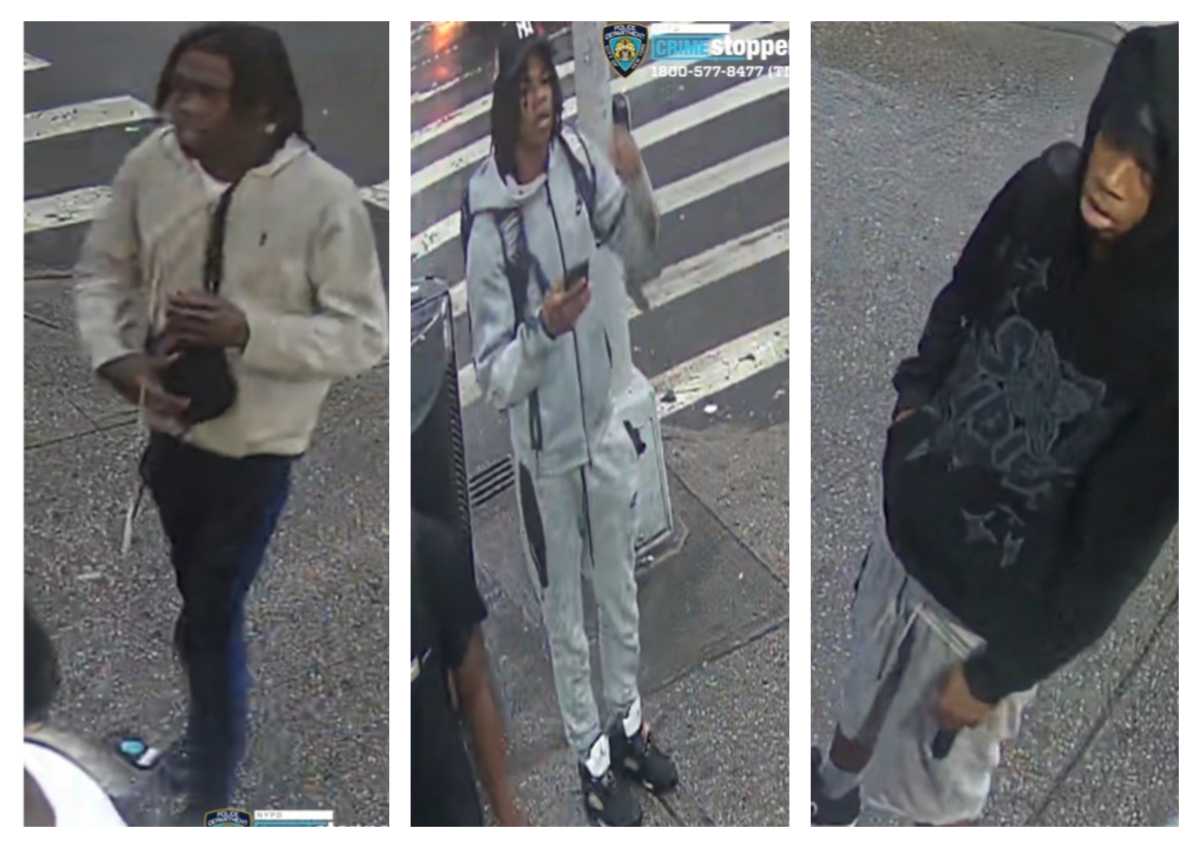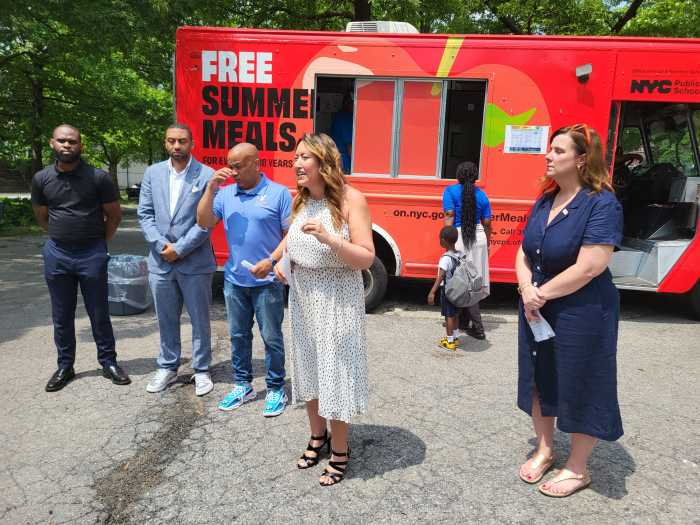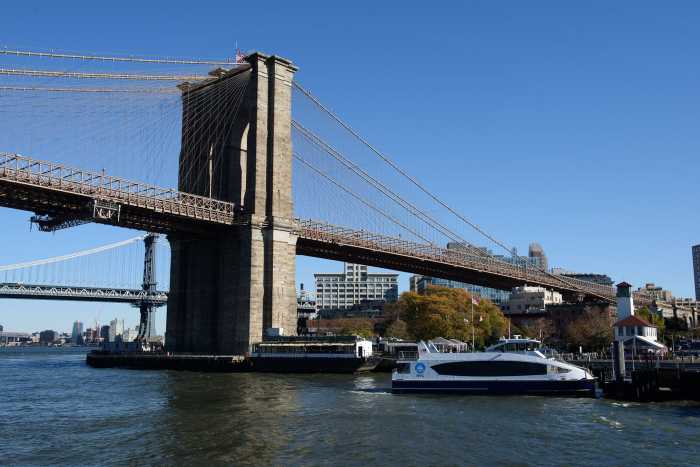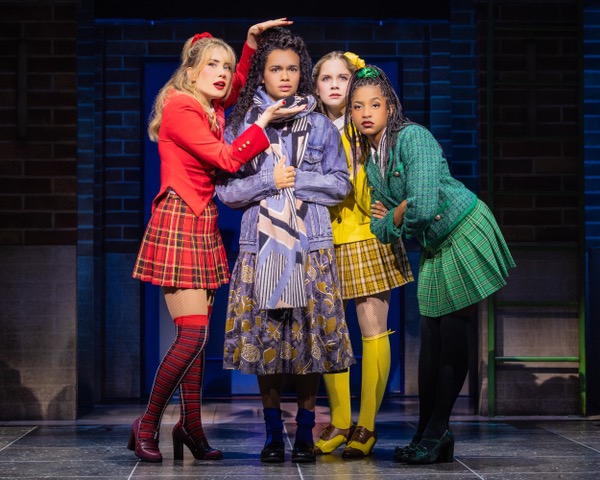I’m an attorney, a registered nurse, and a New Yorker. But despite having lived in the US for my entire adult life, I’ve never been able to vote because I’m not a citizen of the United States.
In 2022, that was supposed to change. Local Law 11 – or the Our City Our Vote law – was passed by the City Council and went into effect on January 10, 2022. It gave nearly one million New Yorkers like me – immigrants who have permanent residency or work authorization – the right to vote in municipal elections in New York City. We would now be able to vote during local elections, allowing us to choose our next Mayor, Comptroller, Public Advocate, Borough President or Council Member, and vote on local ballot initiatives. Finally, we would have a chance to shape the issues that most closely impact us, from speed bumps to policing. To be sure, many new asylum seekers have come to New York in the past year. Our city will come to thrive from their contributions, but for now, this law would only affect immigrants who have permanent residency or work authorizations.
Our City Our Vote didn’t happen overnight. We campaigned for and petitioned New York’s elected officials, and we fought for this historical municipal voting rights law for years.
However, before I could even cast my first ballot, Republican lawmakers quickly filed a lawsuit in Staten Island – where they knew they would get a sympathetic judge – to disenfranchise noncitizen New Yorkers and usurp our hard-fought right to vote.
The case is now being appealed by the Adams administration and Latino Justice in Appellate Divisions of the New York State Supreme Court, whose panel of judges will decide its fate in the coming weeks. The court must uphold the law that our government enacted. For the sake of our city’s democracy, we will not give up.
My family’s immigrant story is one of perseverance and has instilled in me the importance of zealous advocacy, persistence, and service to one’s community. When I was ten years old, my family came to New York seeking medical treatment for my older sister who had a life-threatening brain condition. During her treatment, due to a lawyer’s error, my family’s legal status was compromised. My parents made the decision any parent would and chose to overstay and fight for her life, and as a result my sister is still alive and with us 22 years later. Seeing how she was cared for led me to become a nurse; the hardships my family and community faced in the immigration system led me to become a lawyer. As a DACA recipient I’ve been able to utilize those skills to work and serve my community.
New York is my home, and during the height of the Covid-19 pandemic, I was one of the many immigrants who kept New York on its feet. As a nurse, I volunteered in a hospital treating patients and caring for Covid-positive people at a residential facility. Without our essential work, New Yorkers would have been left stranded to fend for themselves in the face of a virus nobody understood. There is no way to honor our contributions while simultaneously taking away our right to vote.
There are 5.2 million voters in New York City, but in this year’s primary elections, only 200,000 people cast their ballots. That is an abysmally low number. Local elections are where people can have the biggest direct impact on their communities, but voters show up in the smallest numbers for those races. Our City Our Vote would immediately change that and inject desperately needed excitement into our local democracy. At a time when other states are pushing regressive laws to disenfranchise voters, it’s that much more important that New York City expands civic participation.
My youngest sister, who was born in the U.S., turned 18 last year. As the first person in our family with the right to vote, we were all incredibly excited to support her in exercising that right. She did her research to identify candidates that would best represent her and her community’s interests, and on election day, my dad and I drove her to her polling place. Once at the entrance, we gave her thumbs ups and proudly watched as she walked into the school’s gymnasium to cast her vote – a ritual that so many New Yorkers get to take part in, whether or not they choose to actually exercise that right.
Next election, I want to walk into that gymnasium too. I want to fill in the bubbles next to the candidates’ names, scan my ballot, and put the “I Voted” sticker on my shirt.
We passed Our City Our Vote. It’s time for the courts to uphold the law allowing us the right to vote. We deserve a voice.



